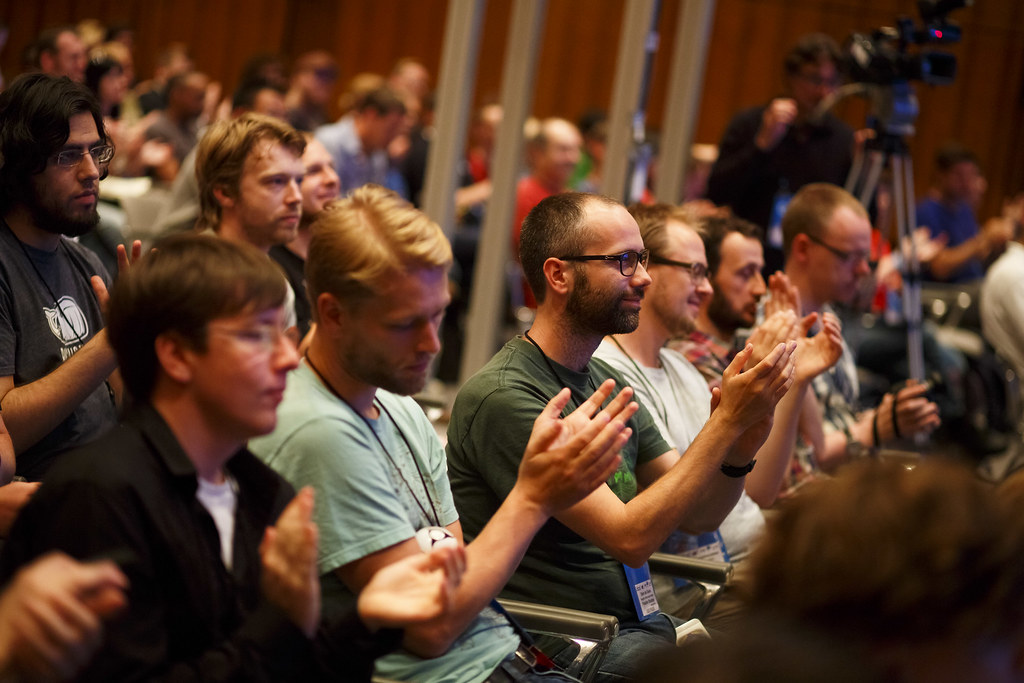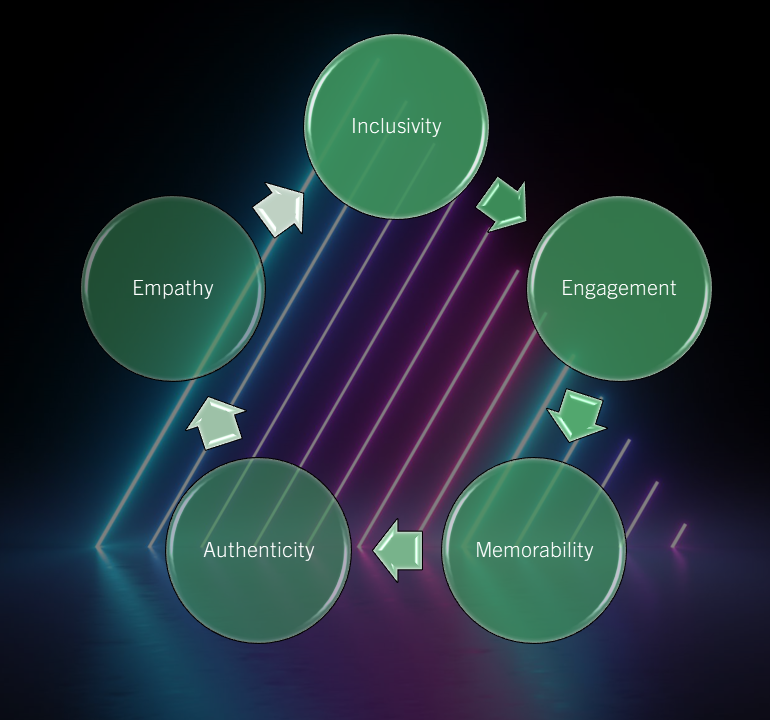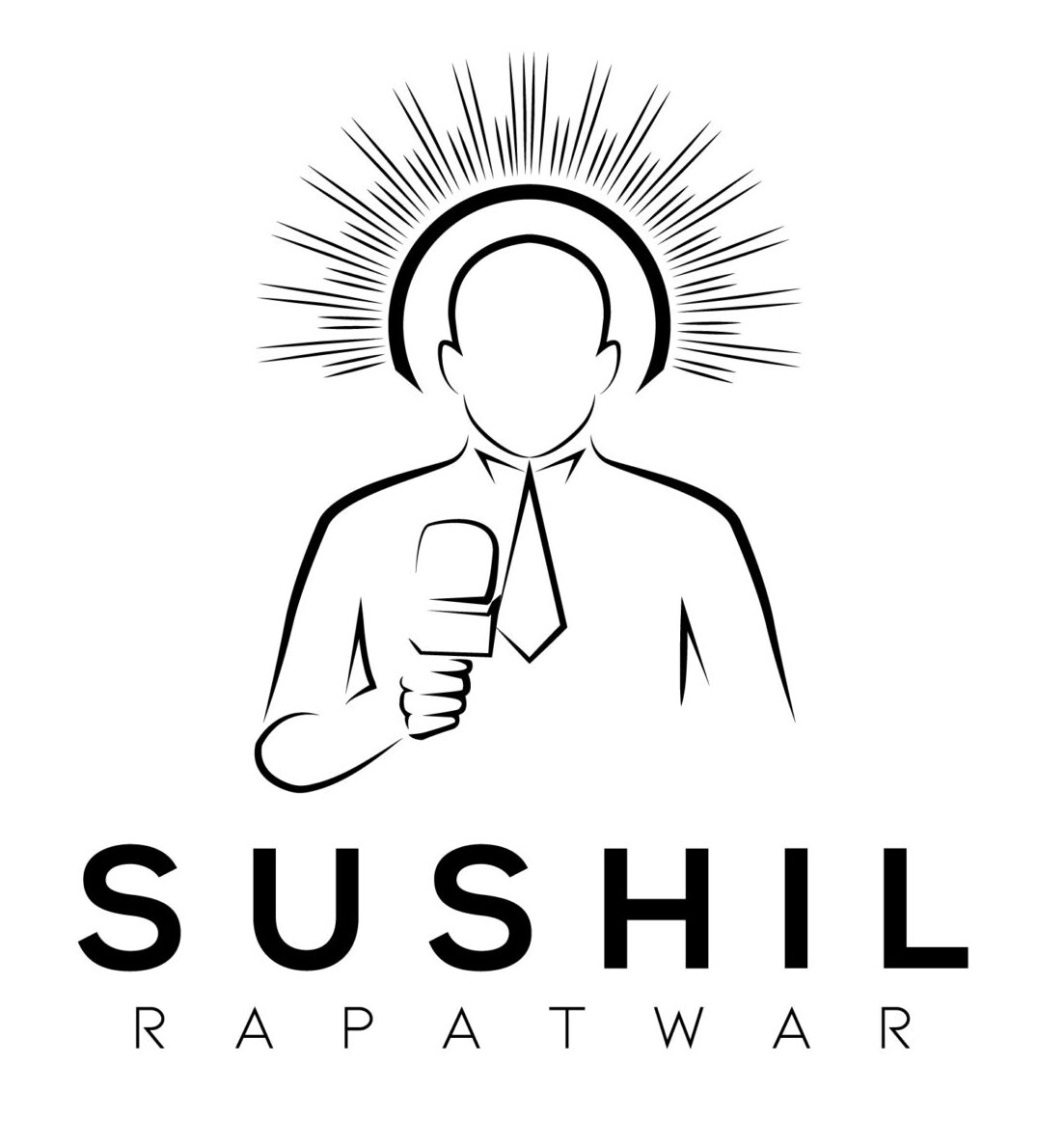Dictionary - the original search engine for the words that you should never use!
It sounds counterintuitive, isn’t it. It is indeed counterintuitive when it comes to speeches.
“I have been intensely pondering over this implausible obsession of besieging and besmirching someone for surmising a so-called preposterous hypothetical presupposition that earth is round. And so was the case for hypothecating that the Earth revolves around the sun than vice versa. These fact-based rational but seismic revelations were hunted down as demonic obsessions and were over-ridden by brute force driven primarily by raw emotions based on shallow beliefs handed down since generations.”
If in case, you do use the above sentences in your speech believe me you will soon find everyone either digging into their pockets and taking their phones out to check their messages or dozing off into distant dreams.

If you want to prove yourself an intellectual, then by all means, go ahead and indulge in this hedonistic pleasure of verbal extravaganza. But one thing for sure is that you will be going alone – do not expect your audience to come along with you on this sojourn (well, I could have used the word journey here!).
But if your audience is eclectic, Shakespearean or speak the same lingo for e.g., everyone in your audience are doctors, or lawyers, or architects, or IT gurus then it is understandable that you will assume a common level of receptivity towards certain level of relevant intelligence. But if they are of mixed background then the best advice is to keep it simple. Having learnt English through Indian education system, when I used to speak English with my colleagues here in the UK they used to joke if had dictionary for my breakfast! I was a bit intrigued about this comment and was wondering what are those words that I use that makes them feel so. I became a bit conscious and since then try to keep it simple.
Simplicity is powerful. I realised that usage of complex language and jargon can alienate my audience. Since then I aim for simplicity and clarity in my message. The most impactful speakers convey profound ideas in simple terms. In fact I would rather go ahead and state that delivering speeches in simple and effective language is much more complex than blurting out complex jargons.
If you want to connect with your broader audience, enhance comprehension and foster effective communication then you got to employ simple language for following reasons:

• Inclusivity: When you use uncomplicated language, you include a wider range of people in the conversation. This is particularly important in diverse settings where individuals may have different levels of language proficiency. By making your speech accessible, you promote inclusivity and prevent anyone from feeling excluded due to language barriers.
• Engagement: Simple language engages your audience more effectively. People don’t have to struggle to understand your points, so they’re more likely to remain attentive and connected throughout your speech. This engagement facilitates a stronger rapport between you and your listeners.
• Memorability: Simplicity enhances the likelihood that your key points will be remembered. Straightforward language aids in retaining the information you share, making it easier for listeners to recall and apply what they’ve learned or understood from your speech.
• Authenticity: Simplicity in speech often comes across as genuine and sincere. It’s devoid of pretentiousness and showcases your willingness to communicate openly and honestly, further fostering a sense of connection with your audience.
• Empathy: By using simple language, you demonstrate respect for your audience’s time and cognitive capacity. This empathetic approach shows that you value their understanding and prioritize effective communication.

In essence, the power of using simple language in common speeches lies in its capacity to connect, communicate, and leave a lasting impact on a diverse and receptive audience. It’s a tool that enables effective conveyance of ideas, transcending barriers and fostering meaningful interactions.
No wonder KISS is so effective – Keep It Simple & Sweet. Few people use the second S for something else, I leave it to your imagination. Use the dictionary to find the easier alternatives for words and not the other way around and keep KISSing – whether in speeches, or in writing or in …

